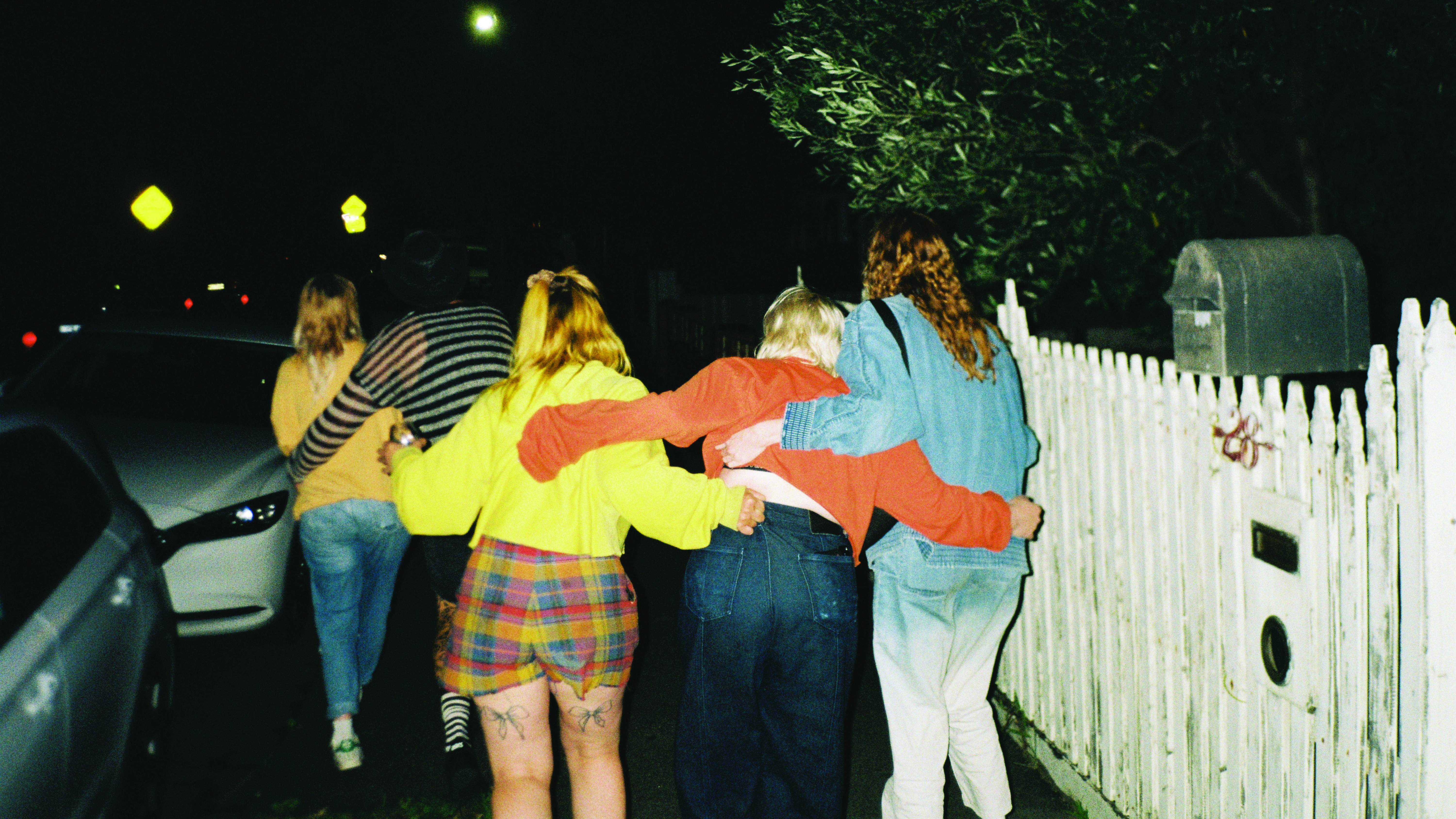Responding to a ‘biomedicalised epidemic’: A proposition for activism in the current context of HIV

Bearing in mind debates around the achievement of HIV pre-exposure prophylaxis (PrEP), in this paper I reflect on the checkered history of HIV activism and, specifically, in response to what has been advocated for in the name of women. This category of persons is often said to be neglected. However, precisely how those grouped under the category have been neglected becomes less clear when we consider the efforts to develop a ‘woman-controlled’ prevention technology. Indeed, with some qualification, it is not difficult to claim that women’s bodies have furnished considerable data for what we now have in the form of a pill for prevention. The enlisting of women in scientific prevention research has much to do with a style of feminist activism in the early phase of the epidemic. The dream was a vaginal microbicide, perhaps still to become. The legacy of this activism along with other, arguably more prominent modes of activism lives on in what is often said to have become a biomedicalised epidemic. This brings me to the question of what activism might look like in response to current debates focused largely on PrEP. In order to consider this question, I frame my approach according to the notion of ‘problem-making events’. Contrary to the idea that problems are negative, in the sense of taking away from a situation, I approach them as positive/productive in the creation of new events. Or, as is the premise for this paper, an unfinished history of HIV and what this might suggest for new possibles for activism.
Marsha Rosengarten is Professor in Sociology and Co-Director of the Centre for Invention and Social Process, Department of Sociology, Goldsmiths, University of London. She is the author of HIV Interventions: Biomedicine and the Traffic in Information and Flesh, co-author with Mike Michael of Innovation and Biomedicine: Ethics, Evidence and Expectation in HIV and co-editor with Alex Wilkie and Martin Savransky of Speculative Research: The Lure of Possible Futures. Recent publications focus on biomedical research within the field of HIV, Ebola and Tuberculosis drawing from feminist and process-oriented approaches. Her work offers alternative ways of conceiving intervention, bioethics, randomized controlled trials and, hence, the nature of scientific evidence. Currently she holds a Distinguished Visiting Research Fellowship at UNSW, having been affiliated with the Centre for Social Research in Health (CSRH) since 2001.
This lecture is supported by the UNSW Centre for Social Research in Health and the UNSW Arts & Social Sciences Faculty Distinguished Visitors Program.
Need assistance to register for this lecture? Ring +612 9385 6776.



